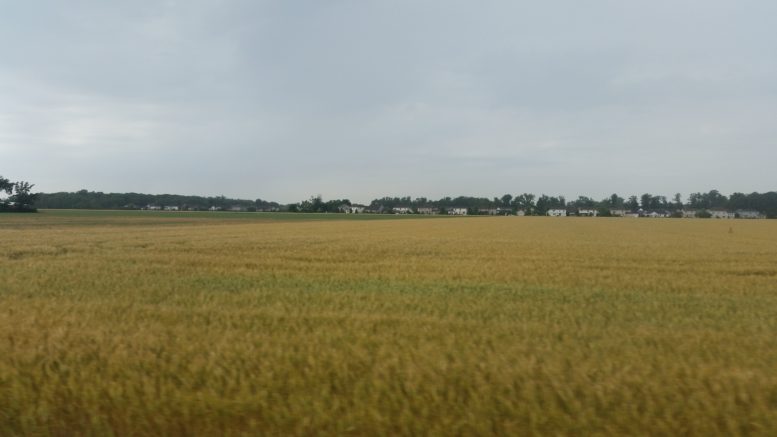(Submitted by Wood Soil and Water Conservation District)
Conservation Values – Your Land is Your Legacy
A Conservation Values Learning Circle is planned for Tuesday, Jan. 23, at Wood Soil and Water Conservation District. The Learning Circle will explore how landowners can focus on their values to set long-term goals for their land. Participants will gain more understanding of the vocabulary around land transfer, succession and estate planning, and learn how to find professionals who can assist with implementing a long range plan for your land.
This learning circle is part of a series of informal learning circles hosted by Wood SWCD. Women farmland owners are encouraged to attend and engage with other women landowners and resource professionals in a relaxed, non-judgmental setting.
Estate and succession planning is not a do-it- yourself process – it is often put off because of the complexity of the legal jargon and the deeply personal nature of planning beyond one’s lifetime. Most people develop a plan in concert with their tax and legal professionals. Once the plan is in place, it is important to keep it relevant. Life changes or the passing of loved ones make it important to review your plan to be certain it still meets your goals for who will control your land in the long term.
At this Learning Circle, you will have a chance to meet, talk with and identify professionals skilled in conservation planning, and learn from the experiences of other women farmland owners like yourself.
Women landowners interested in participating the Conservation Values Learning Circle can register at www.farmland.org/women-for- the-land- calendar or if you prefer, contact Beth Landers at Wood SWCD via email at bethlanders@woodswcd.com, or by phone at 419-354-5517.
The Conservation Values Learning Circle is offered as part of Great Lakes Conservation Connect, a project partnership between American Farmland Trust, Wood Soil and Water Conservation District, and Cornell Cooperative Extension Northwest New York Dairy, Livestock and Field Crops Team. The project is funded by the Great Lakes Protection Fund.

